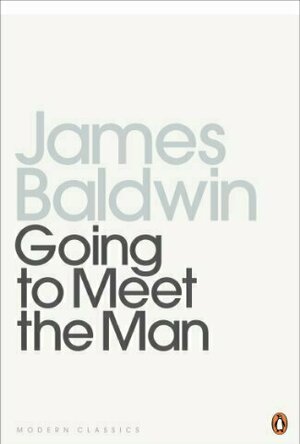
Twisted Metal 2: World Tour
Video Game
2006: Los Angeles is in ruins and its citizens left to struggle for survival after the conclusion of...

The Secret Books
Book
A world on the brink of catastrophe. A two thousand year old mystery. A lost gospel. ...
Thriller
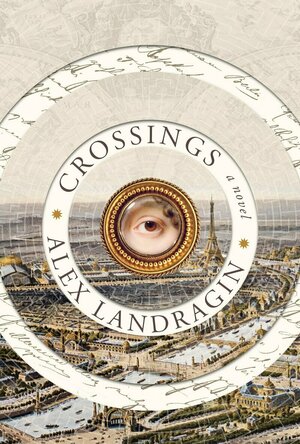
Crossings
Book
Crossings is an unforgettable and explosive genre-bending debut--a novel in three parts, designed to...
HIstorical Fiction fiction

Song Machine Season One - Strange Timez by Gorillaz
Album
Gorillaz started the year with Episode 1 - ‘Momentary Bliss ft. slowthai and Slaves’ - of Song...
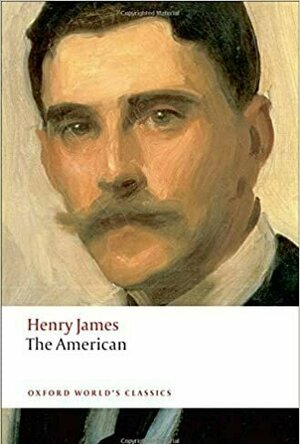
The American
Book
A wealthy American man of business descends on Europe in search of a wife to make his fortune...
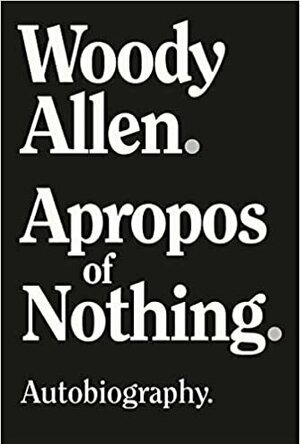
Apropos of Nothing
Book
In this candid and often hilarious memoir, the celebrated director, comedian, writer, and actor...

Allo Resto
Food & Drink
App
Faites-vous livrer parmi notre sélection de plus de 5 000 restaurants et profitez de promotions...

They Can't Kill Us Until They Kill Us
Book
In an age of confusion, fear, and loss, Hanif Willis-Abdurraqib's is a voice that matters. Whether...
music culture
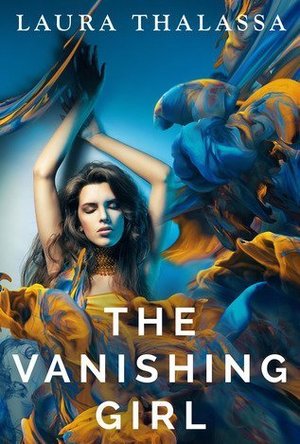
The Vanishing Girl (The Vanishing Girl #1)
Book
Every night after Ember Pierce falls asleep, she disappears. She can teleport anywhere in the...
